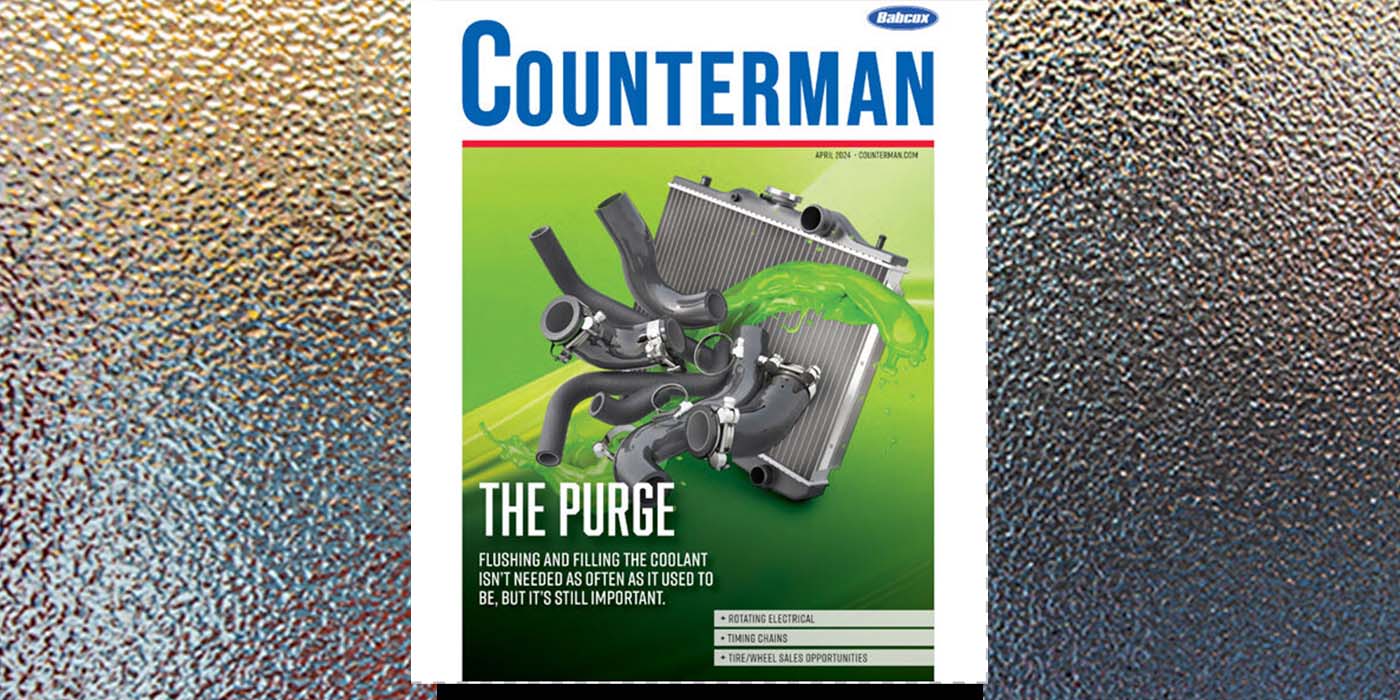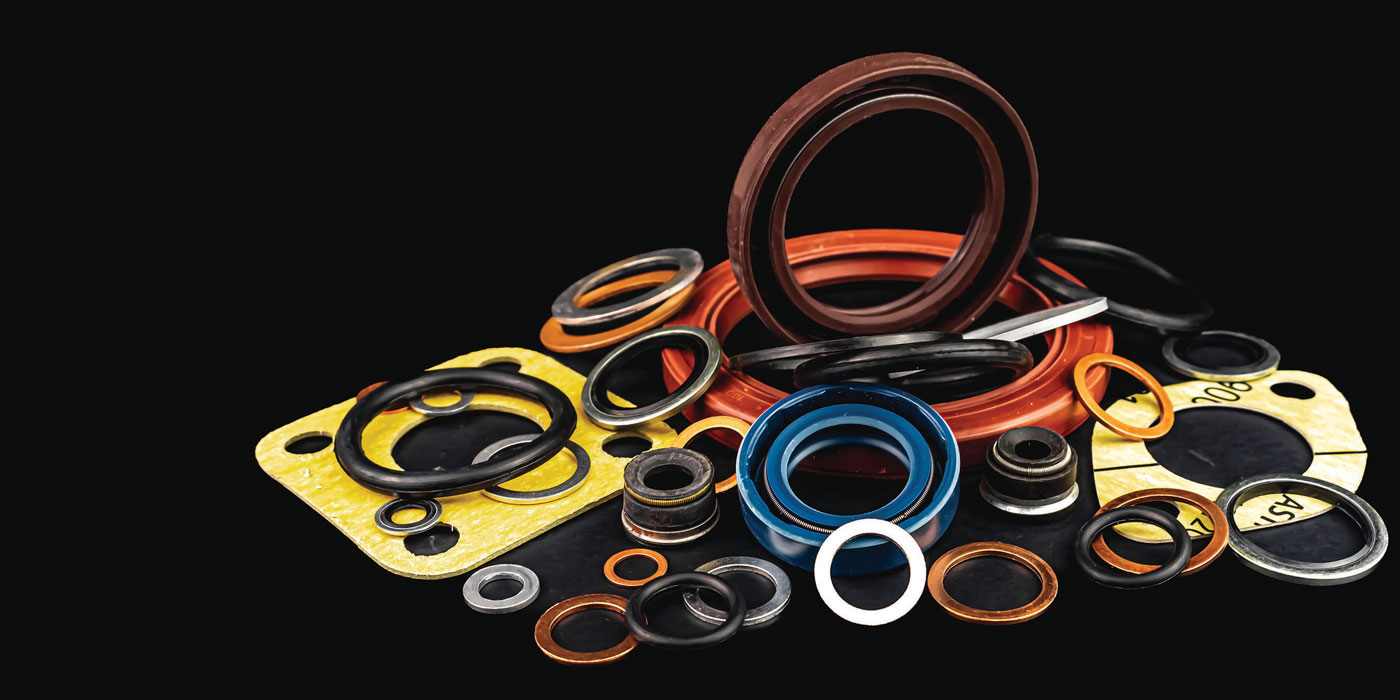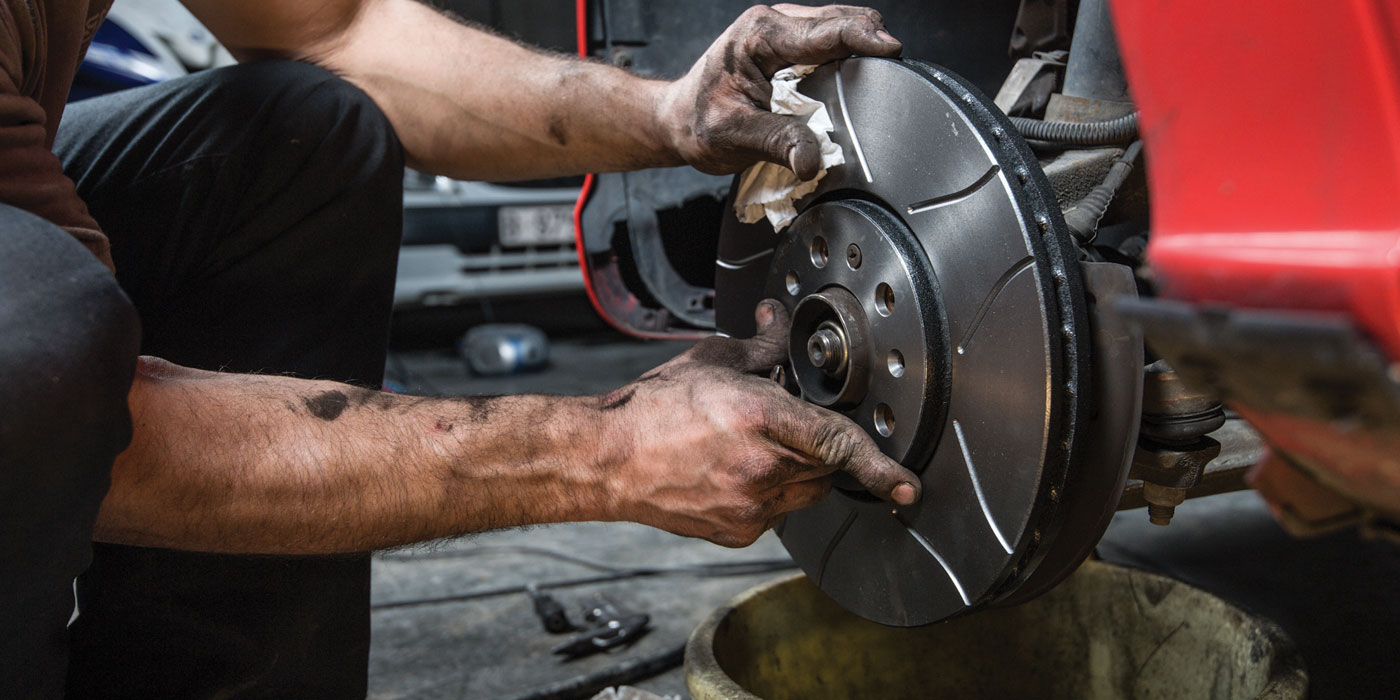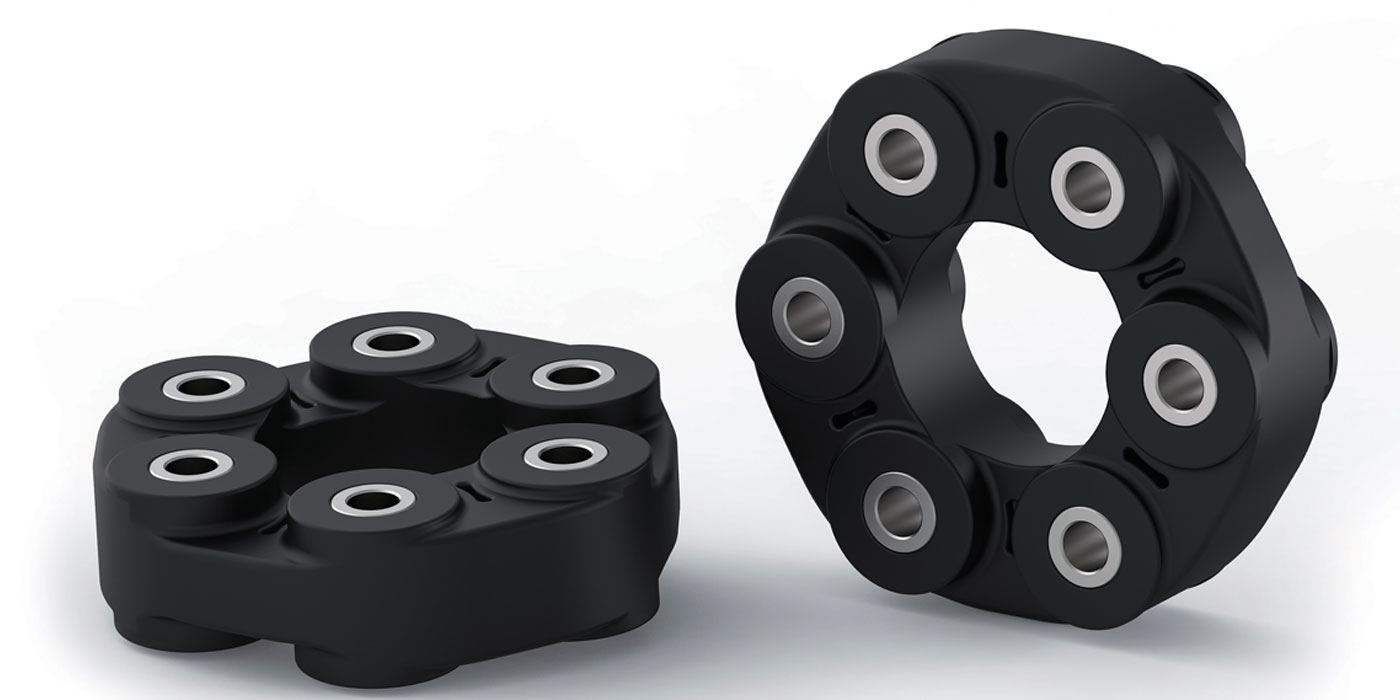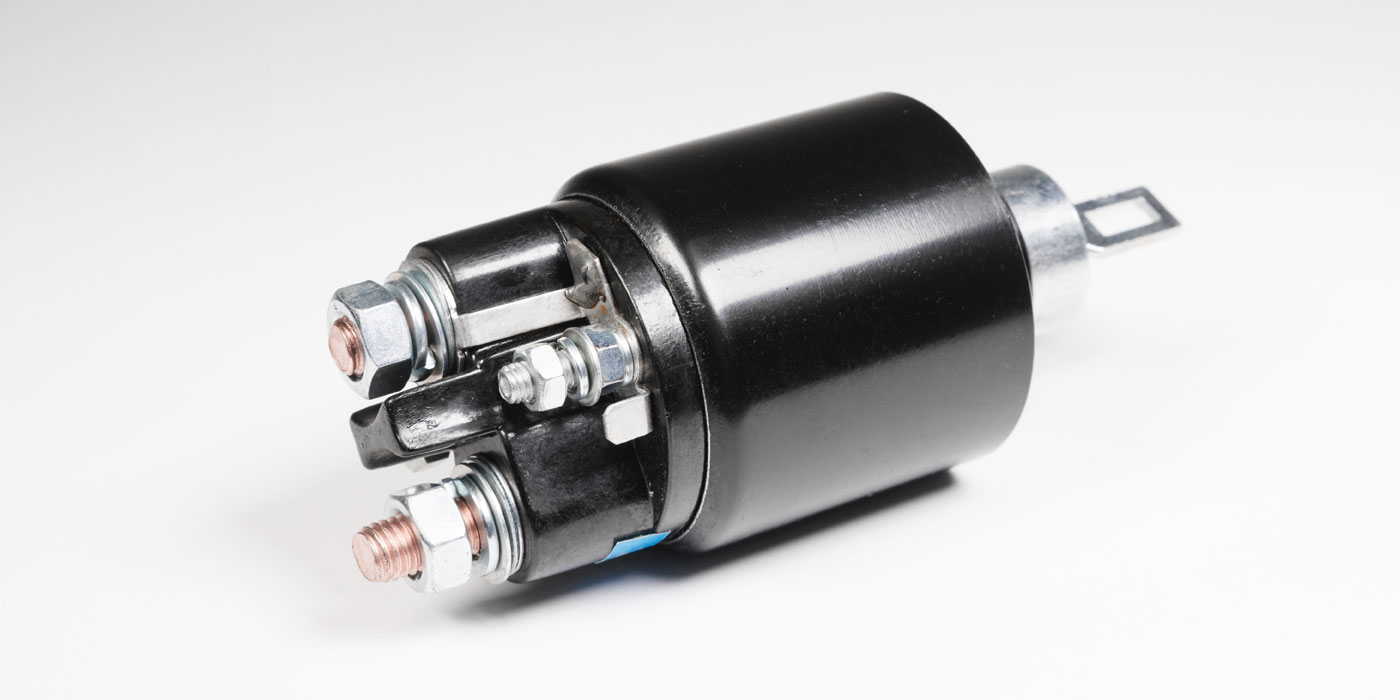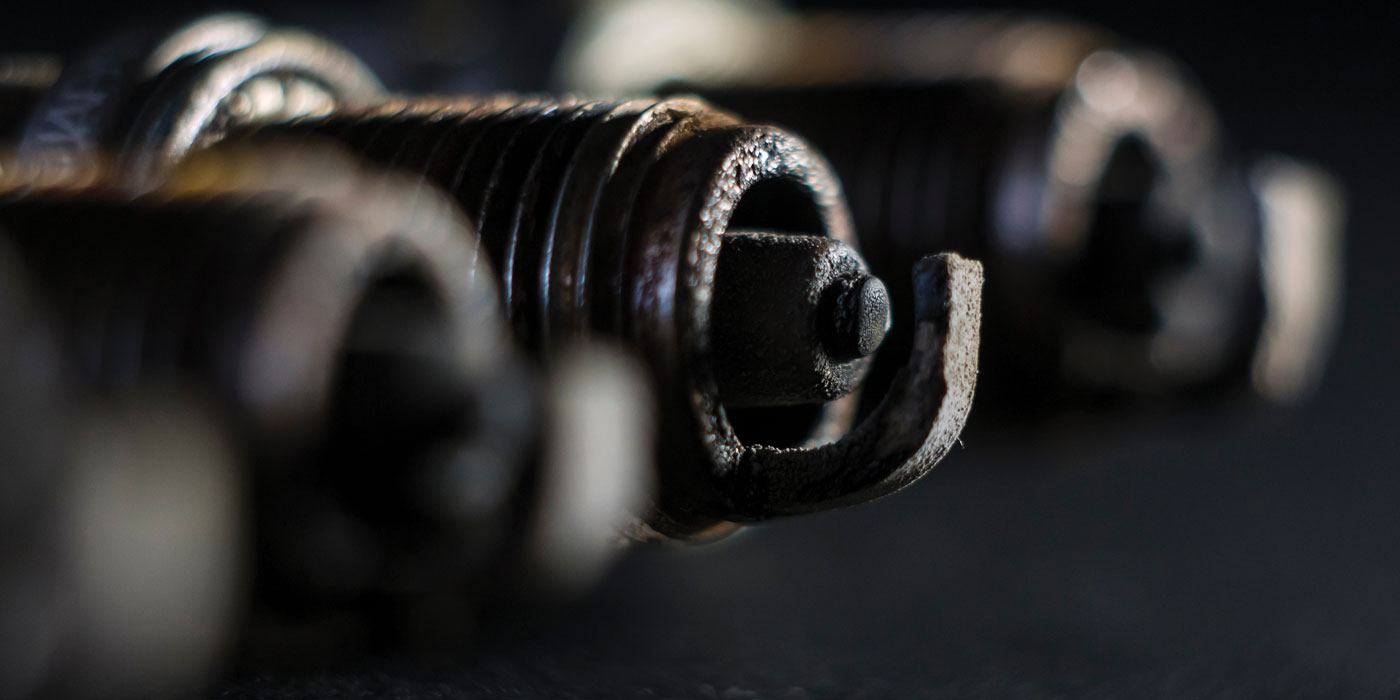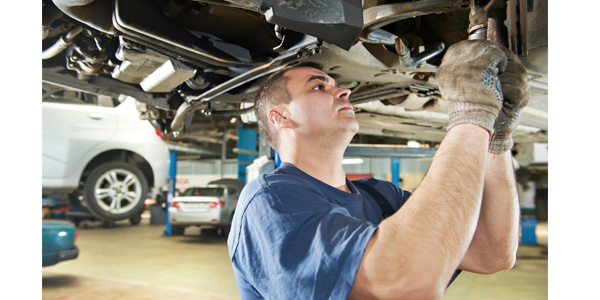
Commercial accounts are the lifeblood of many parts stores. The independents have catered to the commercial trade from the dawn of the automobile, and the big chain stores have been aggressively marketing to installers in recent years. Commercial accounts are valuable for a number of reasons, including high volume, increased loyalty and generally smooth transactions.
Professional technicians usually will call with very specific needs, already have the necessary vehicle information ready and often don’t have to be “sold” on the products they’re looking for. Their primary concerns are availability, quality and price. In some cases, the technician on the other end of the phone might be more knowledgeable about the desired parts and products than the store employee. A significant part of their livelihood involves their labor time, in addition to the markup from the parts and supplies purchased from you and your competition.
Building relationships with commercial accounts begins with earning their trust. We’ve all been the new counterperson who spends most of their early career transferring calls to other more experienced parts professionals. It’s a disheartening feeling, but once you’ve earned the trust and respect of a few technicians, things start looking up. It also gets much more demanding, because once you’re “called up,” you’re expected to perform at your best on each and every call, or risk getting benched again!
One of the biggest complaints I’ve heard from technicians is they aren’t given the counterperson’s full attention. Listening to (and writing down) the customer’s requests, vehicle information and other relevant information is only the beginning. Nobody enjoys repeating themselves, but for professional installers, the extra time spent repeating simple information is time they could be using to repair a customer’s vehicle, or booking another appointment.
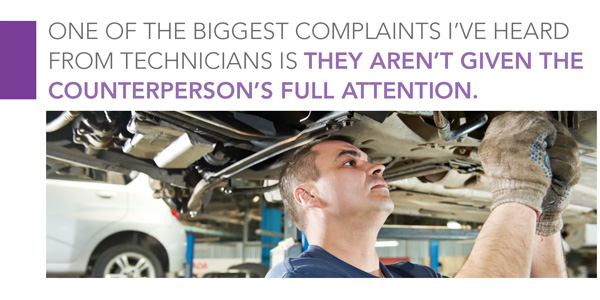
Once the order is placed, the entire store is “on the clock,” ensuring that the correct parts are dispatched efficiently and delivered in a reasonable amount of time. If you didn’t get the full order or select the correct parts, or if you’re “multitasking” and drop the ball entirely once the call has ended, you’re costing that shop valuable time – and costing your store potential future sales. As the customer becomes more comfortable with you, and you get to know their needs better, the process becomes more streamlined.
As you get to know each customer, their brand preferences and their expectations, you’ll find your conversations get shorter, because you’re working together toward the common goal of getting a vehicle back on the road, rather than trying to play 20 questions. Think of a couple who can finish each other’s sentences. They’re used to each other, they know each other’s habits and they usually get along pretty well. With time, though, those calls may become a little longer again, as the relationship with the shop grows, and you become the parts professional they want to talk to!
Our relationship with any commercial account is, first and foremost, a business relationship. A customer who feels they’re valued, treated fairly and taken care of is most likely to be a loyal customer. When that loyal customer is a high-volume regular buyer with faith in your skills and services, profits increase on both sides of your counter!




